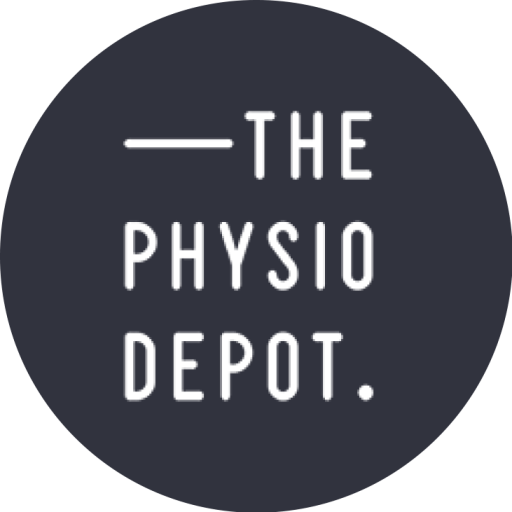Happy New Year!
With a new year on the horizon, we all have new goals and ambitions for this year!
With New Years Resolutions comes new exercise goals and training regimes to start the year right!
Although this starts with your best interests, it tends to lead to an increase in injuries!
Here are our tips for starting exercise WITHOUT getting injured!
SLOW AND STEADY WINS THE RACE
Increase your training volume steadily and slower than you think. Your bone, tendon and joints takes time to adapt to certain training loads. Irrespective of your exercise choice, a gradual return is always recommended.
CHECK YOURSELF BEFORE YOU WRECK YOURSELF
Get any niggles or past history of injury sorted before you start. Typically preventative strengthening or flexibility programs to supplement your training will help reduce the likelihood of ending up injured whilst tackling your new years goal.
THE POWER OF CROSS TRAINING
Variety is the spice of life, by finding various ways to train it will help warn off any injuries. By utilising different muscle groups, movement patterns and planes of movement it helps prevent repetitive strain injuries from a new exercise regime.
RECOVER RECOVER RECOVER
Recovery is as important as the training itself, the time spent recovering is when your muscles are rebuilding, your tissues are getting stronger and tendons becoming robust to sustain more training. Start with a rest day between every training session. Initially you will feel like your body can keep training, but it may catch up with after a few weeks of consistent training.
USE A PROFESSIONAL TO GUIDE THE RETURN TO EXERCISE, SPORT OR ACTIVITY
Like anything using a Personal Trainer or Physio to help guide your return to exercise can be instrumental to returning without getting injured. Aside from providing structure to your training program it will provide accountability to ensure at end of January your not back into your old habits.
CONSISTENCY
Being consistent with realistic amounts of exercise over a long period is far more effective than setting unrealistic training volumes for a short period of time. Exercise and training should have a plan and have goals that are SMART (Specific, Measurable, Achievable, Realistic + Time based).




